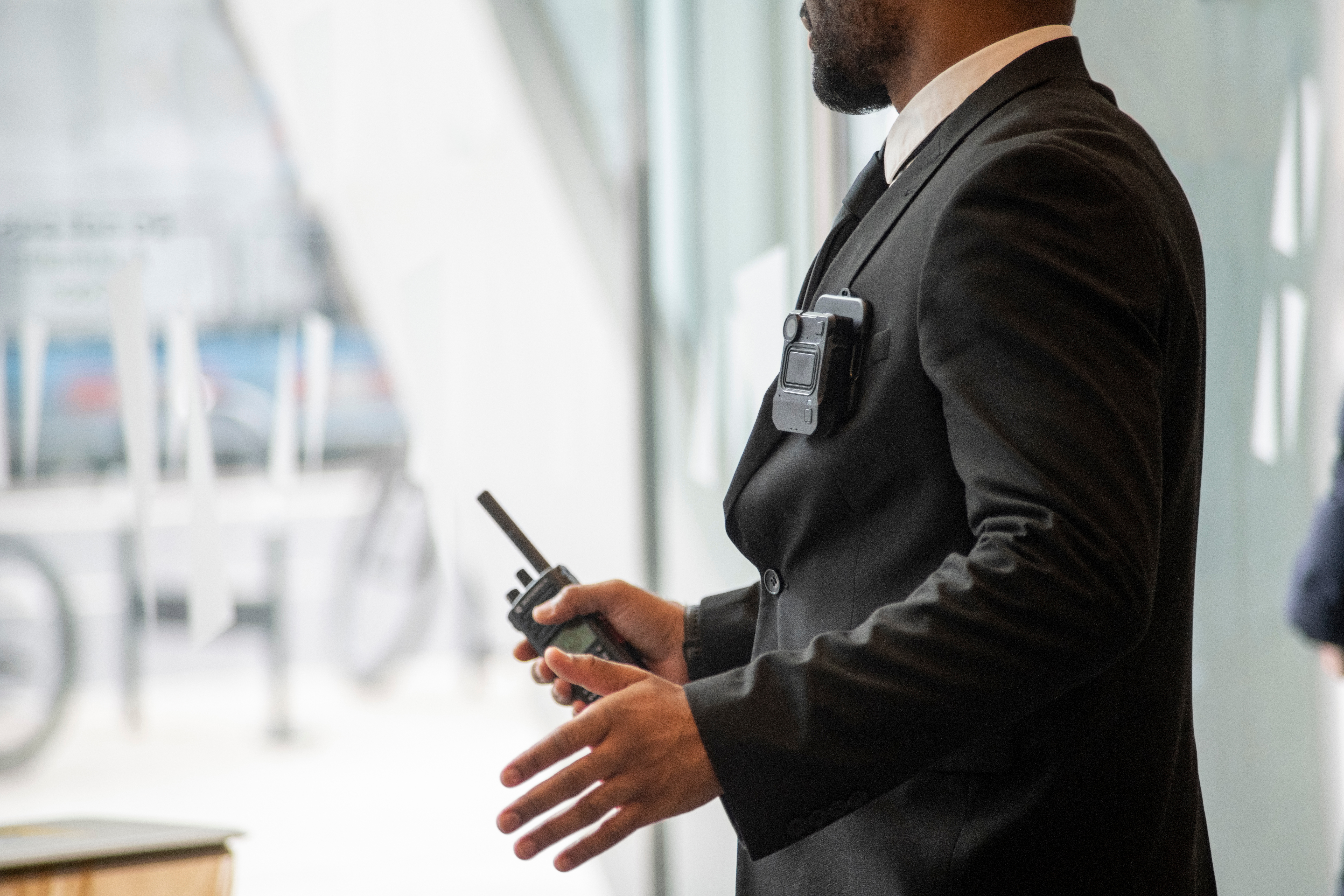
Staying compliant with FCC regulations is critical for anyone using VHF/UHF two-way radios. The FCC continues to crack down on unauthorized radios, enforcing rules that impact which radios are sold, imported, and used in the U.S.
If your radios aren’t compliant, you could face interference issues—or even fines. Here’s what you need to know about the latest rules and enforcement trends.
FCC Equipment Authorization: Why It Matters
All VHF/UHF radios used in the U.S. must be FCC-certified before they can be sold or operated. This ensures they meet technical and interference protection standards.
FCC Enforcement on Unauthorized Radios
The FCC has been actively enforcing rules against radios that:
-
Transmit on public safety, aviation, or government frequencies without authorization
-
Exceed allowed bandwidth limits, causing interference
-
Are imported or sold without proper FCC certification
Businesses and agencies that rely on two-way radios should check their equipment to avoid compliance issues.
Key FCC Rules to Be Aware Of
The FCC has made two significant updates in recent years that affect VHF/UHF radio users:
1. Bandwidth Rules for Digital Modes
To accommodate modern communication technologies, the FCC removed baud rate limits and replaced them with a 2.8 kHz bandwidth limit for certain amateur radio bands. This allows for greater flexibility in digital transmissions while still preventing interference.
2. Proposed Changes for Additional Bands
The FCC is considering similar updates for other VHF and UHF bands, including 2200-meter and 630-meter frequencies. Public comments on these proposals remain open.
What This Means for Two-Way Radio Users
If your organization relies on VHF/UHF radios, here’s what you should do:
-
Check FCC Certification – Ensure all radios are FCC-approved and operate only on authorized frequencies.
-
Be Wary of Imported Radios – Some online sellers offer radios that aren’t compliant with FCC rules.
-
Follow Bandwidth Limits – If you use digital modes, stay within the 2.8 kHz limit to avoid violations.
-
Stay Informed on Future Changes – The FCC continues to update rules, so ongoing compliance is key.
Need Help Staying FCC-Compliant?
Chicago Communications specializes in FCC-compliant two-way radio solutions for businesses, first responders, and government agencies. If you’re unsure whether your radios meet current regulations, we can help.
Request a free consultation with us to implement a two-way radio system or ensure your current system complies with FCC regulations.



